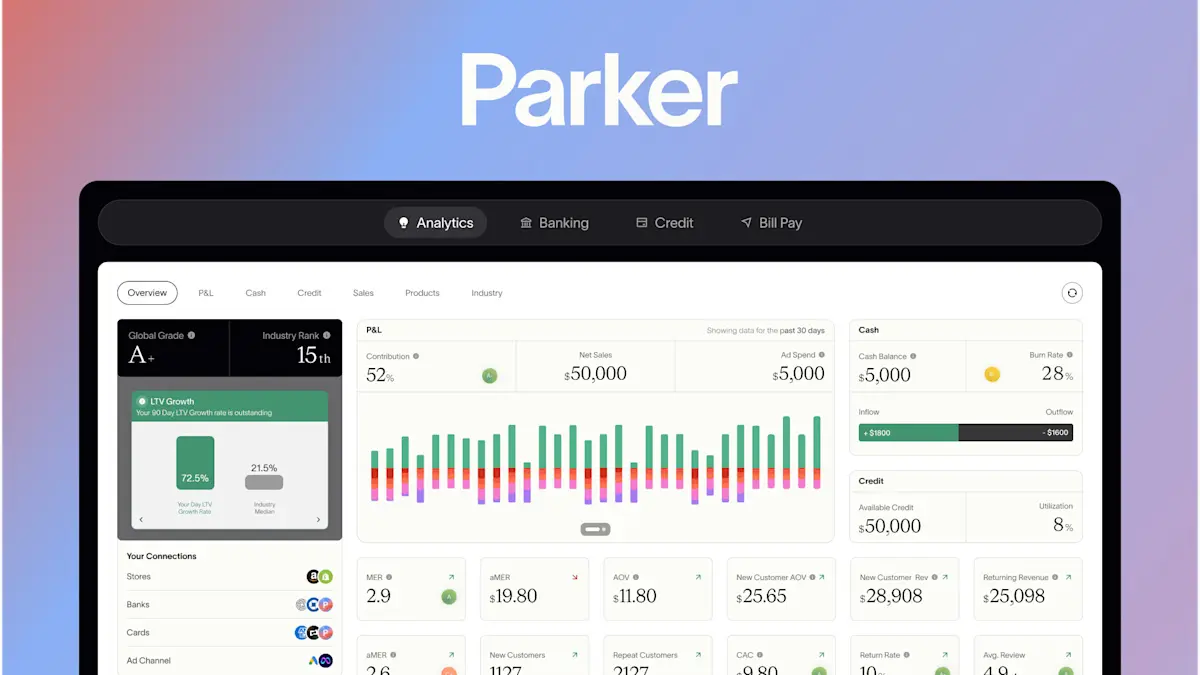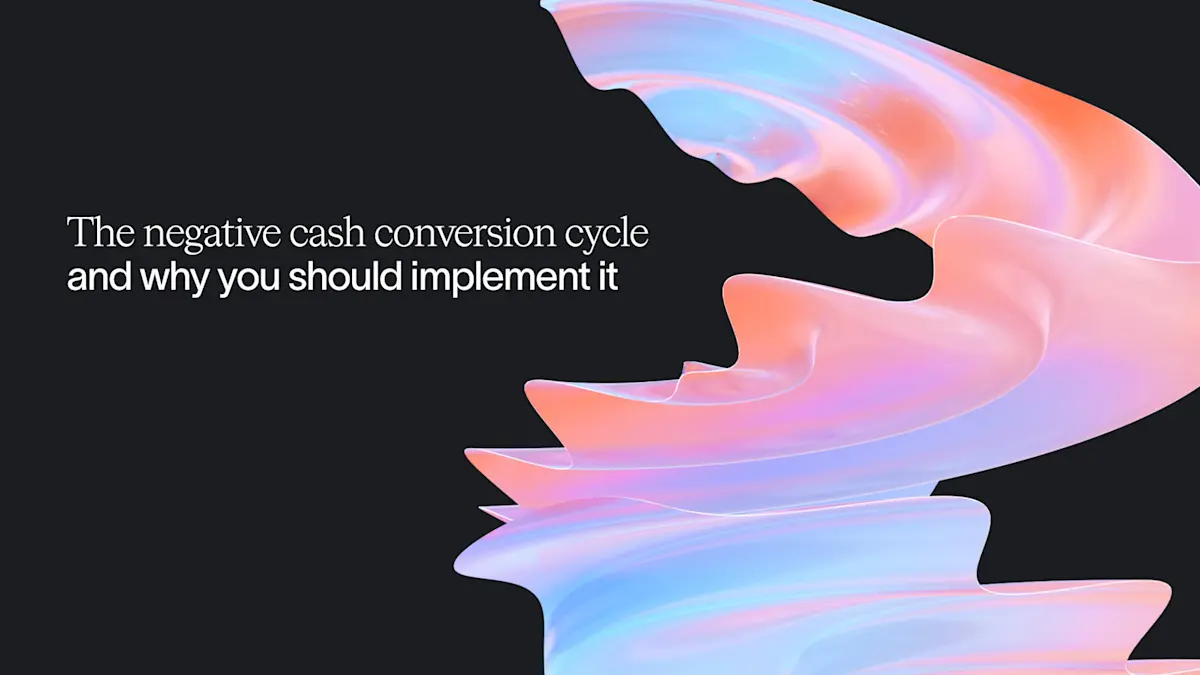Why We Built Parker Analytics

More than 5 years ago, my co-founder Yacine and I started working on a profit analytics platform to solve our biggest hair-on-fire problem: understanding our profits. We abandoned it. We founded Parker. And now, as of July 2024, we’re launching a version of that original profit analytics platform we dreamt up so many years ago.
I’m writing this essay to share how the thing we pivoted away from so many years ago finally made sense, once again.
And I’m writing to share Parker's history, how my co-founder Yacine and I met, and the long, twisted journey we took to get to where we are today.
The early days at 42
I met Yacine in 2018 at 42, a once-popular hacker school in Silicon Valley.
The school offered free dorms, which attracted an interesting mix of people. On one hand you had those looking to take advantage of the free housing. But on the other, you had a group of insanely ambitious folks who were there to learn, build, and make their mark. Yacine and I definitely fell into the latter camp.
While at 42, I started an ecommerce business to generate some cash to fund the other startup ideas I was working on. Yacine had some experience in ecomm and took an interest in what I was doing. He’d often ask me about my store, how it was going, what I was learning. It was clear he had a sharp mind for this kind of stuff.
My big idea was to dropship animal-themed products online and use a portion of the profits to donate to wildlife conservation. The rest would be my passive income. When I told Yacine about it, he offered to take a look at my numbers.
Turns out, I was losing money on every sale. I was spending way more on ads and customer acquisition than I was making back. It was a hard truth to face, but a valuable lesson.
Yacine saw an opportunity. "Why are you messing around with growing an eComm?" he asked. "You know how to code. Let's build something that actually helps ecommerce founders."
Yacine showed me some wireframes he'd been working on for an analytics platform. It would pull in data from all the places ecommerce businesses need—sales channels, marketing platforms, bank accounts—and put it together in one dashboard. The goal was to give founders a clear, real-time understanding of their financials.
We ended up taking the idea to Y Combinator in 2019—but with a twist. Instead of just building an analytics tool that plugged into other systems, we'd build our own bank, too. That way, we wouldn’t have to worry about clunky integrations, delays, etc. YC liked the idea. We got in.
But as we started to build, doubt set in. Shopify released a new profit tracking feature. And we heard rumors that Brex was building a credit card for ecommerce. We started to wonder if we were too late to the game.
Pivoting away from analytics
So we did what a lot of founders do when they get spooked. We pivoted. Multiple times. Like, 10.
First, we pivoted to profit share agreements for ecommerce, essentially reinventing affiliate marketing.
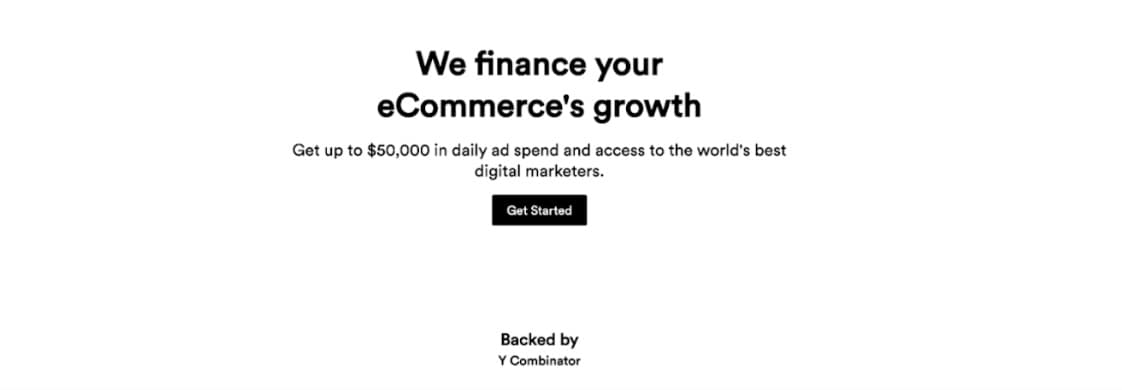
Then we pivoted to a customer CRM screen recording app.
Finally, we felt we had it down: a banking product for internationals coming to work in the US. We had figured out how to open bank accounts for internationals without an SSN, completely online, before they landed. We thought this was going to be huge.
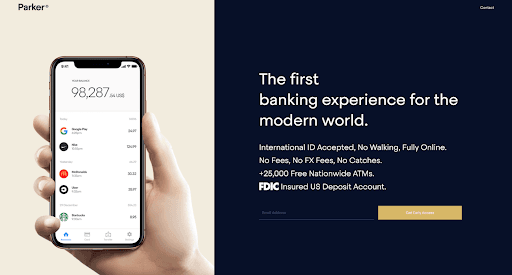
Right when we had most of the University of Waterloo class signed up to our product, COVID hit. It was March 2020. We lost all our users.
While we were waiting for COVID to end, we had a huge banking infrastructure bill to pay. Coincidentally, our old ecommerce friends started hitting us up about our old profit share product. Ecommerce was booming again, and we had to pay our bills, so we decided to invest in and co-operate 4 different ecommerce businesses with our friends.
Little did we know, no one had ended up building our original idea of profit analytics. We were left blind once again, scrambling in messy spreadsheets, only to find out we were unprofitable at random times.
After scaling those businesses to multiple 6 figures, we realized our first instinct had been right. There was a real need for a better way to track and understand financial performance in ecommerce. Ecommerce founders were drowning in data but didn’t have a clear picture of their profitability. When the pandemic hit and online sales took off, this problem only got worse.
Our founder friends kept asking us if we still had that old profit analytics tool lying around. They really needed it. We just hadn't been ready to solve it the first time around.
Building Parker Analytics
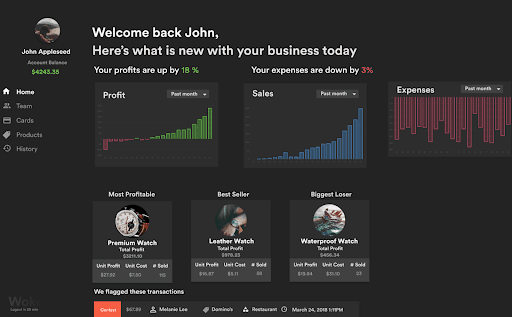
Our old design that we applied to YC with in 2018.
We dusted off the old plans and got to work. We knew we couldn't just build a slightly better version of what was already out there. We had to make something significantly better if we wanted it to solve this painful problem.
After all those pivots, we really didn’t want to 360 back to our original idea. It was painful, but the pain we had to deal with running these businesses was stronger. I told Yacine, “If we just build this for ourselves, worst case we build a solution that works great for us and become super rich off ecomm. Best case, many others feel the pain we do and avoid failure from not being on top of their profits.
The key things we built:
- Integrations with the major sales channels, marketing platforms, and banking. With these connections in place, we now have a 360 view of your business, covering both accrual and cash-based metrics. This alone helps save founders time and money, limiting the need to comb through custom spreadsheets on a daily basis.
- We now provide a bird’s-eye view of your business focused on 3 analytical pillars: Company-wide Contribution Margin, Customer level economics (LTV), and Product level profitability.
- With all of your banking transactions flowing through Parker, we have also introduced ai labeling for your cash inflow and outflows. Our smart categorization lets founders immediately pinpoint where their cash is going.
As we built out these features, we began to see the real power of having analytics and banking in one platform. It wasn’t just about having more accurate data, but about being able to turn those insights into action.
The road ahead
When we built the original tool in 2019, we wanted to be the bank your data connects to. Today, we are that bank.
Having worked extensively on and with ecommerce businesses, on the data side and as a lender, we know which data makes a difference and what e-commerce operators want to get out of it. We’ve piled all of our knowledge and experience into Parker Analytics to create a tool that lets you:
- Connect to all your tools: ecommerce platforms, payment portals, and accounting softwares to view complete sales, ads, and financial dashboards in real time
- Answer the most fundamental questions about your business:
- “Am I consistently profitable?”
- “What is driving my profitability?”
- “Where is my cash going?”
- “Am I acquiring new customers?”
- “Do these customers come back to purchase again?”
- “Which products are driving sales and profits?”
If you're an ecommerce founder who's tired of making decisions based on gut feelings and incomplete, misleading data, check out Parker Analytics today.
In just 30 minutes, they’ll guide you through your Analytics dashboard, assess the health of your business, and show you how to qualify for the Parker Card.
But don’t wait — these consultation slots are filling up fast. Join top brands like Caraway, Oats Overnight, and Obvi who are already powering their growth with Parker.
Related Articles
Ready to Join the Financial Revolution?



